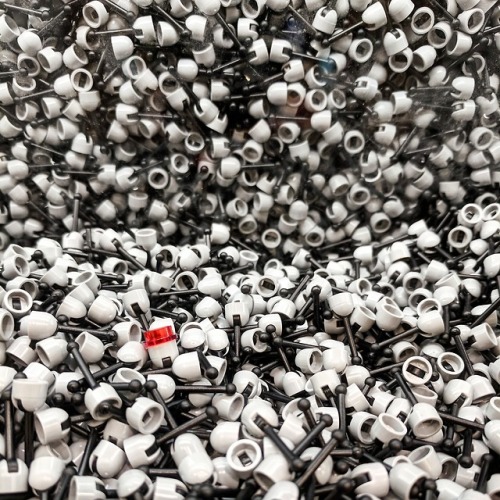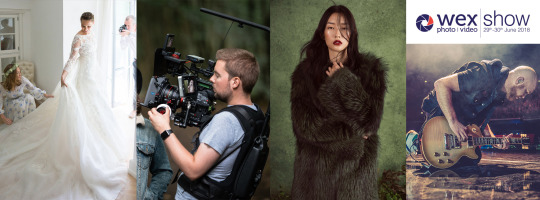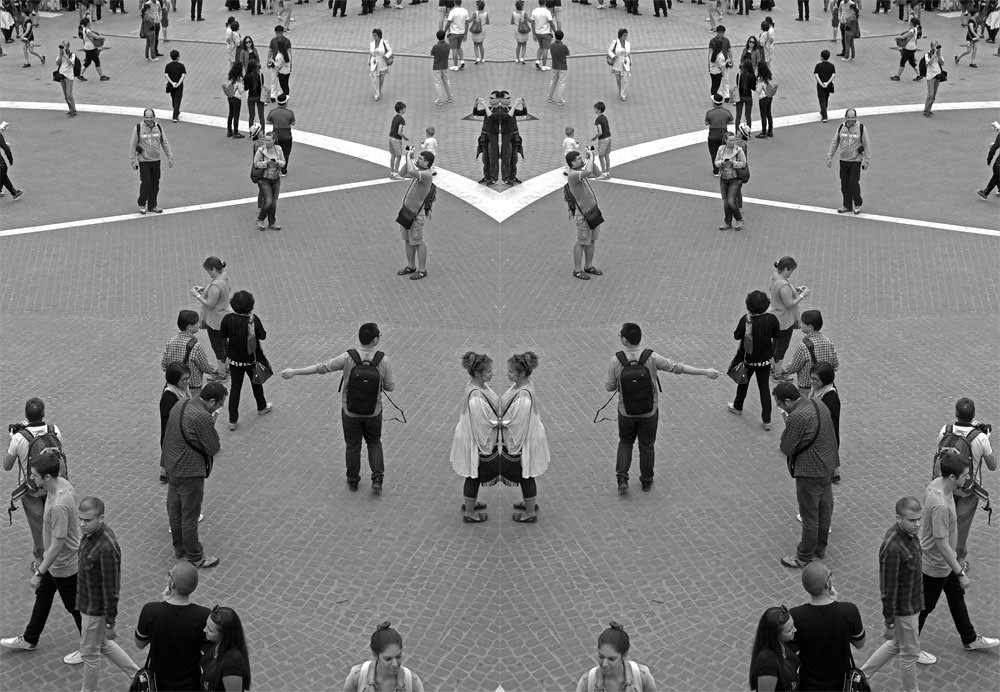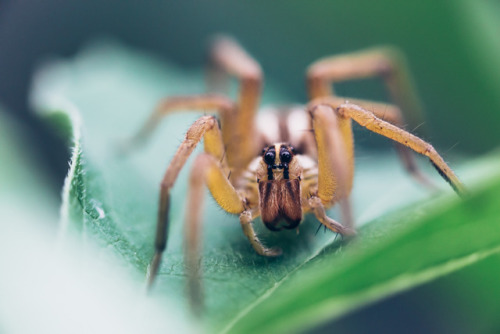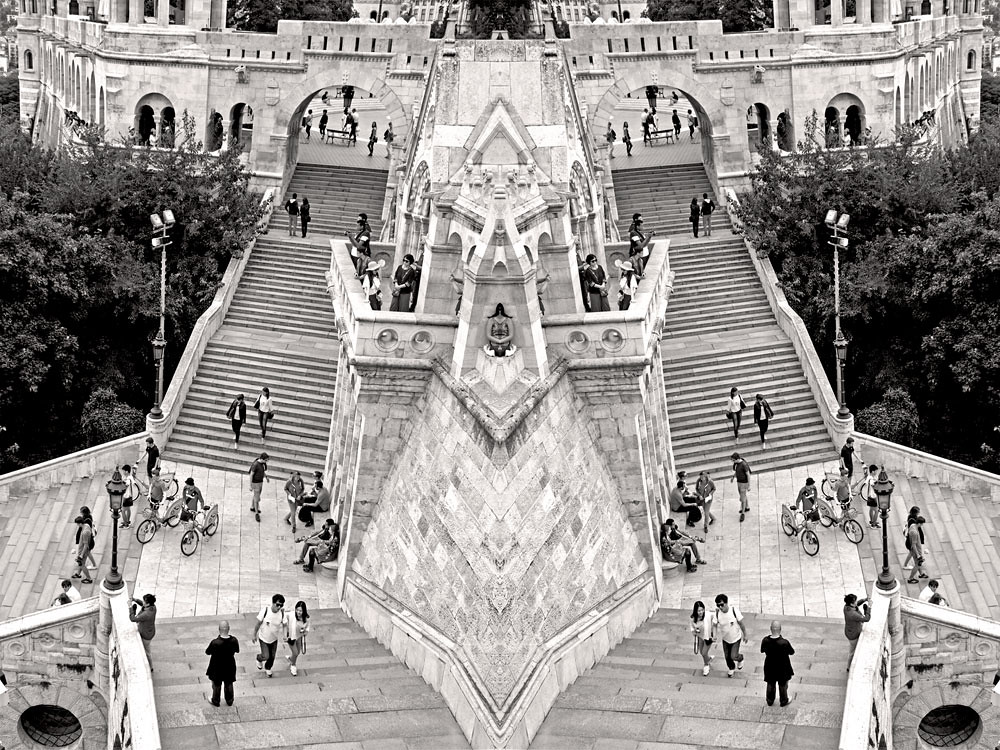Photographers

David Williams: Photographer of the week
1x Blog-Photographersby Editor Yvette Depaepe
David Williams photographs animals, wild or in the Zoo. A very controversial subject for many that has endless arguments. He believes that animals have feelings. They may be basic emotions and a few complex ones, but he strives to show them through his images. To David, photography is a powerful way of causing a reaction / emotion in people. Some of his work caused a lot of controversy but no one can deny that his work is strong and beautiful.
Look by yourself and learn about the man behind his photographs.
Briefly tell us about yourself, your hobbies and other jobs.
I was born and raised in North Wales, UK. My hobbies include, skateboarding, snowboarding, music and cooking. My side job is teaching English to Japanese children.
What first attracted you to photography?
I think originally it was the fact that you could go out and create something beautiful. There was so many techniques to learn, so much you could do. It seemed an endless journey and I loved to learn the art of photography.
Which are your most important experiences that has influenced your art?
Around early 2015 I was suffering from anxiety and panic attacks. I was heavily drinking alcohol and I had so much stress. I couldn’t go anywhere, I couldn’t even get on a train for 3 minutes without panicking. I decided to distract my mind by studying photography even more than usual and going to a local river to photograph wild birds. I found it very relaxing and from there my love of photographing animals was born. I quit drinking, gained control of my life and started visiting Zoos. I found I could relate to the animal’s feelings and from there it all started.
Why are you so drawn by Zoo Photography?
Zoo photography…. A very controversial subject that has endless arguments. Originally, I went to the Zoo to practice my skills. There are so many variables in Zoo photography as well as so many different subjects. I then started to feel bad for the animals and I started to capture their emotions. I also showed my feelings, my emotions through pictures of them. This gained me a lot of exposure and I was a winner of the Canon Gallery photo exhibition as well as being published by newspapers worldwide and of course here on 1X. After that I started to feel happy, I started to have connections with the animals, especially the Orangutans. I started to understand the Zoo and I realized that zoos are not bad places at all. Sure, there are some not so great Zoos around, but we need to change that. Nowadays I concentrate on action shots of the Snow Monkeys. So basically, I am drawn by Zoo photography because I can practice my skill set every day and I am able to capture some amazing things while supporting the Zoo and visiting “my friends” the animals.
What do you say to people who disagree with the Zoo?
I will say that if anyone has a pet or had a pet cannot say they hate the Zoo. Sorry but it is the same. If you are 100% vegan with no pets ever, sure come and talk to me. People say its different. It isn’t different. You feed the cat/dog, you take it to the vet, you say if it can go out or not and when. Tell me the difference? Some people say they are meant to be domesticated…… says who? You can say some Zoos are bad, but don’t pigeon hole it.
Do you like wildlife?
I do love wildlife of course but nowadays with some of the photo tours, photo workshops…. it is like a big safari park. An expensive zoo for the lucky few that can go to these places. The animals know when and where they have to come because they get food. Sure there are tours that focus on real wildlife and I have 100% respect for them but touristic tours simply take the wild out of wildlife in my opinion.
Describe your overall photographic vision.
For me photography is a powerful way of causing a reaction / emotion in people. It is quite amazing how we see what we want to see in a photograph. Some of my earlier works show strong, powerful images that caused a lot of controversy. It was interesting for me to see people’s reaction to my work because I knew the story of the shot and they drew their own conclusions. I find that extremely interesting.
What is more important to you, the mood, /story behind your images or the technical perfection?
I think they are all as important as each other but it really depends on my mood. Technical perfection is high up there when it comes to Zoo photography because it isn’t easy at all. You have glass and fences to deal with, people, reflections. You need to know your stuff to be able to capture great shots at the Zoo.
What generally is your relationship to your subject matter beyond being an observer?
I strongly believe animals have feelings and emotions, basic ones but still. When I visit the Orangutans they smile at me, they come to the glass and kiss it, they put their hand to mine. Animals remember you if you visit often and spend time with them. They see you as a friend, it makes them feel happy. I know this because I visit them pretty much every other day.
Do you prepare carefully the locations where you are intending to photograph?
Usually I check the quality of the zoo, the animals condition, check reviews, which animals they have etc. The main Zoo I visit is called Tama Zoo. It is one of the best Zoos in Japan.
What gear do you use (camera, lenses, bag)?
Canon 1DX Mark 1, Canon 70-200 f2.8, Canon 100 – 400mm f4 – f5.6 mark 2, Canon 500mm f4, Canon 24 – 105 mm f4 and a Canon 16-34mm f2.8 I love Lowepro bags. I have three of them now.
What software do you use to process your images?
Photoshop CC 2018, Lightroom Classic CC 2018, NIK software and Photolab
Can you tell us something more about your work flow?
First thing I do is to go through the original files getting rid of any shots I missed or out of focus. I then make a file with the date and in that file I have a PSD, JPEG, WEB and original files. This way I never lose them and can access a photo easily. Then I add my best shots to LR and make changes like WB, shadows, de-haze, clarity, and crop. I then export to PS and from there it is usually a clean up of any thing like number 2’s or just distracting things and then I sharpen. I tend not to use PS to make an image false, it just isn’t my thing. Sometimes I will use NIK software if I really feel it needs it but otherwise I like to keep my images as close to in camera as I can. I don’t really see the point of hiding the fact the shot was taken at a Zoo.
What is your most important advice to a beginner in Zoo Photography and how do you get started?
The beauty of Zoo photography is that you can go anytime and stay there all day if you want to. My advice would be to invest in a good quality long lens with an aperture of 2.8. There is no point getting an f4 or higher as you won’t get the fence or glass to disappear with an f4 or above. Also, sometimes you need the extra aperture for light. Fast shutter speeds are a must, especially for action shots. I would also say to study the animal, so you know its routine, its mannerisms. Finally, be patient, very patient!
Who are your favourite photographers and more importantly, how has your appreciation of their work affected how you approach your own photography?
CHRISTOPHER SCHLAF is one of my favourites. His humour gets me every time and his work is simply stunning. I love his use of light. Thierry Dufour has ridiculous macro skills, blows my mind. Carmine Chiriacò's work is of course not animals but the originality of his work hit me a while back, I love all his work. Phillip Chang’s wildlife work is amazing I have always been an admirer of his work.
The late Garry Winogrand had an amazing photo book titled “The Animals” For me it was showing humans acting like animals and animals showing human behaviour. My favourite picture must be on page number 27. It is quite difficult to get that book now so good luck!
Are there any specific directions that you would like to take your photography in the future or any specific goals that you wish to achieve?
A main goal of mine is to have a photo book published by an actual publisher. This is very difficult nowadays but I will keep trying. Also I am entering more international photo contests nowadays for international recognition. For the future direction of my photography........ I want to get into the 2020 Olympics here in Tokyo. I am a sports photographer as well but I keep that work separate from 1X mainly due to the many rules of use from the organisers here.
Describe your favourite photograph taken by you and why it is special to you?
It is very difficult for me to choose a favourite picture, but it has to be the Snow Leopard. This was my 4th published photo on 1X.
This photo is very special to me because it doesn’t snow very often in Tokyo and if it does, it is light and lasts a few hours at the most. This shot was taken when it was very heavy snow for a few days. I believe I was the only photographer there for a short while and as I was taking shots I noticed this Snow Leopard named Mimi looking up. It is hard to describe how I felt but many people draw their own conclusions about the shot which I enjoy hearing. This image was used by the Snow Leopard trust in Seattle for the Christmas card, all money was used for the protection and preservation of wild Snow leopards in Mongolia. It was also the main photo for the Canon gallery exhibition in Japan.
Is there anything else you wish to add and what do you think about 1X as a home base for your work?
Yes, hating the Zoo is a very dated opinion now. I agree that in the past the Zoo was not good but nowadays it is more than just a place for our entertainment. If you don’t like Zoo’s tell them why, try and get the issue fixed. The Zoo is here to stay and one day if humankind keeps going the way they are, the Zoo will be the only place we can see certain animals.
I would like to say a big thank you to Yvette for this opportunity. Also a big thank you to Ralf Stelander, the founder. 1X is by no doubt the best photo site out there. It has opened many doors for me and I am grateful for that. Getting published is not easy but when I look at my published work on here, the curators do a great job. Sure it is frustrating sometimes when a photo is rejected but it doesn't mean it's a bad photo. We have to remember that.
. '
















